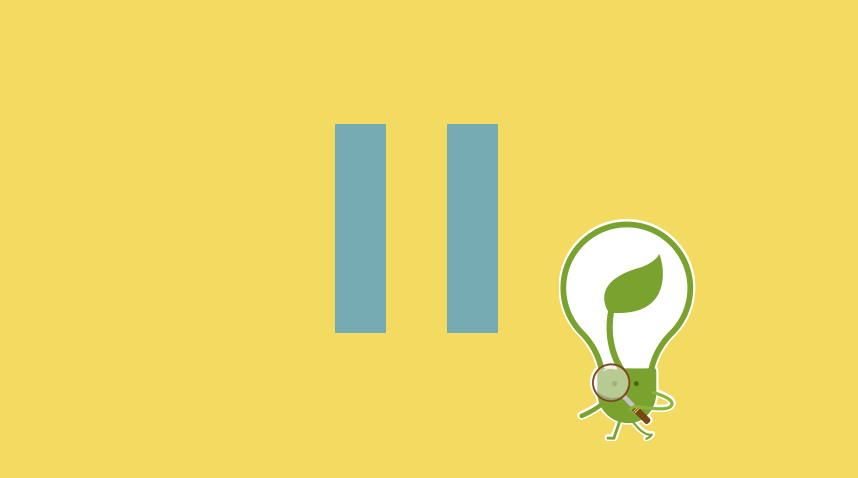Editor’s note: This is an adapted article in collaboration with Ro. Do check out Roberta’s blog of reflection and learnings.
TLDR: When is the last time you paused? Ro shares the benefit of pausing and how to make it actionable in day to day life!
“Between stimulus and response, there is a space. In that space is our power to choose our response. In our response lies our growth and our freedom.”
– Dr. Viktor Frankl, Psychiatrist and Holocaust survivor
The pace of modern life can make it hard to take a beat. We’re often at the mercy of events occurring around us, where all we can do is react.
The chaotic demands of modern life often require us to work on multiple things at once and wear an even bigger multitude of hats (daughter, sister, colleague, friend…)
In these situations, sometimes the fast response times are necessary, but ask yourself, are you reacting because you have to, or because it’s your default pre-programmed response?
How can we be more intentional about our responses, to avoid escalating a situation or acting in a way we will regret?
Queue: the sacred pause.
It’s the simple act of taking a conscious moment before acting on impulse or from a state of autopilot. As with all valuable life skills, it’s the simplest actions that are the hardest to implement.
From rehabilitation centres to AA (Alcohol Anonymous) groups to anger management courses, the reason this basic strategy is taught and reinforced is that it works.
However, no one can do the work for you. It takes discipline and perseverance to practice the art of pausing, and often the effects of our efforts aren’t noticeable.
Eventually, the automatic response isn’t relevant anymore—because you’ve built the habit and ability to reflect before responding. You’ve created space.
Unlike theoretical knowledge, behavioural change takes time to marinate and incorporate in ourselves. These are a few actions and frameworks that can help to solidify or help start the habit of pausing.

Breathe and shift focus
- Identify when we are triggered, consciously take a breath
- Shift our attention onto the breath, quieten the mind
- Continue to notice the sensations of the breath
- If you need, remove yourself from a triggering situation
- You may try the RAIN method by Tara Brach here!
SBNRR Framework
- SBNRR allows a moment for self-management by using emotional regulation practice
- When we are reactive, we are often using our sympathetic nervous system (fight or flight mode). By shifting attention to our bodies, we are able to consciously shift ourselves to a Parasympathetic state of being (rest and recover mode)
- The Acronym stands for: Stop + Breathe + Notice + Reflect + Respond
- The first three (SBN), encourage observation of the physiological effect of the emotion in your body. Where do you feel the emotions?
- Reflect: You are consciously labelling the emotion, which shifts your state from a reactive state to a restorative state.
- Respond: You are able to practice responding more intentionally and thoughtfully
Pre-emptive practices
- Body Scans: body scans allow us to be more in tune with our body and physiological responses to situations.
- This is an important aspect of self-awareness and the ability to stop ourselves from acting when impulses arise.
- Journalling: Journalling provides an opportunity for reflection which can help us to identify the patterns of when we are reacting unproductively. This can empower us to make conscious decisions to avoid/change our environment or have a difficult conversation with another person.
In all paths to incorporating more pauses in our lives, it requires effort and self-determination.
Let’s be clear that pausing before responding is not about avoiding or suppressing our reactions.
Rather, it’s about being more intentional, thoughtful and strategic about our responses.
The more we practice, the bandwidth between our thinking brain and our emotional brain gets smaller, so there’s better information flow between them.
This way we can interpret the emotional experience and choose how to respond. Reflect on this, so that you can have more ownership and empowerment in your life.


